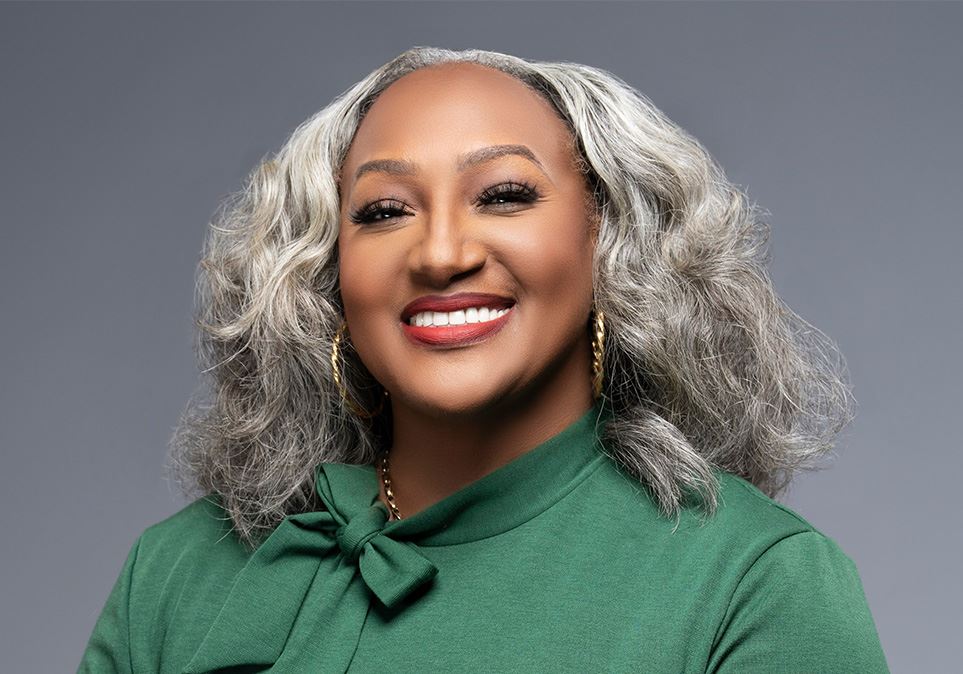
DeKalb County Probate Lawyers
Resolving Probate Matters in Lithonia & Throughout the Atlanta Metro Area
During our many years of practicing Georgia family law, clients often come to us after a loved one has died with questions about probate, a term you may have heard but may not fully understand.
Probate is the legal process of settling a deceased person's estate. The probate court oversees the process, ensuring that all legal and financial obligations are met and that the decedent's wishes, as expressed in their will, are honored. This often necessitates the involvement of an executor or an estate administrator, who manages the estate throughout the probate proceedings.
If you have been named as the personal representative or a beneficiary in a will, E.N. Banks-Ware Law Firm can provide crucial advice and guidance. We have helped countless clients with probate, including resolving disputes regarding wills and other issues.
Schedule a consultation with a DeKalb County probate attorney to discuss your needs or concerns. You can reach E.N. Banks-Ware Law Firm online or at (470) 523-3135.
The Probate Process
In probate, the deceased person's will is validated; if no will exists, their estate is administered according to state laws. This process involves gathering the deceased's assets, paying outstanding debts and taxes, and distributing the remaining assets to the rightful heirs or beneficiaries.
Although this may seem straightforward, probate can be a daunting and complex legal proceeding, depending on the estate.
Being named a personal representative (often referred to as an executor) is a serious responsibility. In this role, you are considered a fiduciary and can be liable for any mistakes or misdeeds. Moreover, managing a loved one’s estate can become more complex if the will’s validity is questioned. This is why it is critically important to have proper legal representation.

When Is Probate Necessary in Georgia?
Generally, when a decedent dies and has a will, their estate is probated.
However, specific property is excluded from the process, including:
- Jointly owned property that the decedent’s spouse has a right to keep
- Retirement assets and life insurance policies
- Property the decedent has in a revocable living trust
- Any banking or investment accounts that have a “payable on death” designation
If no will exists and the estate is worth less than $10,000 (the small estate threshold), any heir can petition the court for an order stating that no administration is necessary. The court will grant the request if all the heirs agree on dividing the assets and no debts or creditors raise objections.
How Probate Typically Works in Dekalb County
The probate court oversees and handles probate cases in the county where the decedent lived. The individual named the personal representative typically must fulfill the decedent's wishes stated in their will and distribute estate assets to the beneficiaries.
The first step in the process is to seek a formal appointment as the personal representative by the court. A hearing is held at which the personal representative takes an oath. The court then issues “Letters Testamentary,” a legal document that authorizes the personal representative to carry out their duties.
These duties include:

Our Commitment to Your Family
What Sets E.N. Banks-Ware Law Firm Apart?
-
Integrity and TrustWe prioritize integrity and trust in all our interactions, fostering a transparent and honest relationship with our clients to help them navigate their legal challenges confidently.
-
Personalized SolutionsEvery family is unique, and so are their legal needs. We provide personalized legal solutions tailored to fit the specific circumstances of your case.
-
Expert AdvocacyWith extensive experience in family law, we offer expert advocacy to protect your rights and interests, ensuring the best possible outcomes for you and your family.
-
Compassionate SupportWe understand that family legal matters can be emotionally challenging. Our team is dedicated to providing compassionate support and guidance every step of the way.
Turn to E.N. Banks-Ware Law Firm for Capable Probate Assistance
If you need assistance with any aspect of probate or settling a family member’s estate, including resolving debts, understanding asset classifications, or managing trusts, our experienced attorneys are here to help.
With decades of applicable experience in this field, our team is fully equipped to help you resolve any issues and make the probate process as smooth and efficient as possible.
Contact us by email or at (470) 523-3135 to discuss your case today.

